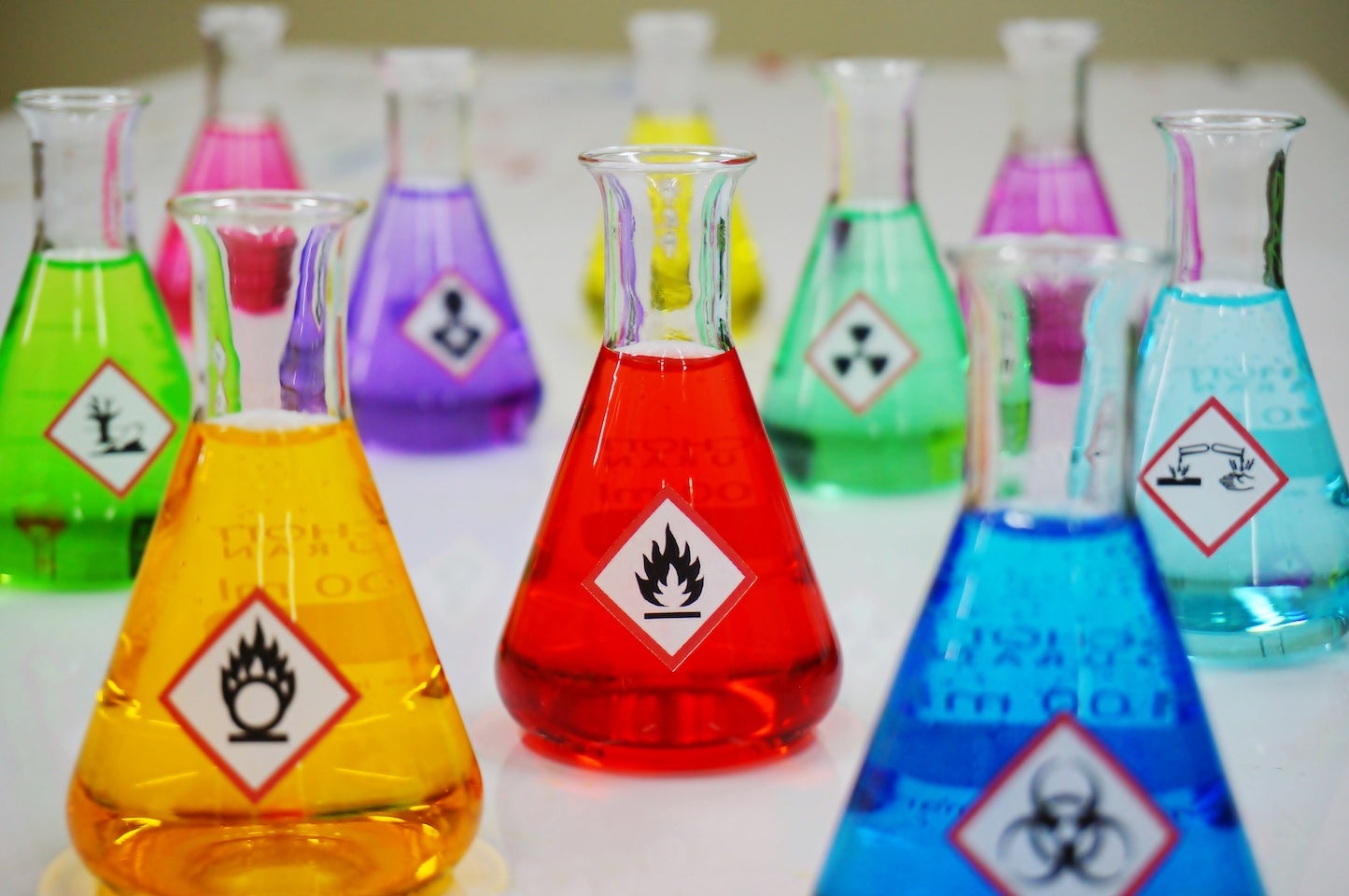Chemical allergies, also known as chemical sensitivities, are adverse reactions that occur when individuals are exposed to certain chemicals. These allergies can manifest in various ways, such as skin rashes, respiratory issues, or even systemic reactions. In this blog post, we will delve into the topic of chemical allergies and explore the medications commonly used to manage and alleviate their symptoms.
Understanding Chemical Allergies:
Chemical allergies can be triggered by a wide range of substances, including fragrances, cleaning products, pesticides, and industrial chemicals. These allergies occur when the immune system mistakenly identifies certain chemicals as harmful and launches an immune response. This immune response leads to the release of histamines and other inflammatory substances, resulting in the characteristic symptoms of chemical allergies.
Medications for Chemical Allergies:
- Antihistamines:
Antihistamines are the most commonly used medications for managing chemical allergies. They work by blocking the effects of histamine, a chemical released during an allergic reaction. This helps to alleviate symptoms such as itching, sneezing, and watery eyes. Some popular over-the-counter antihistamines include cetirizine, loratadine, and fexofenadine. - Corticosteroids:
In cases of severe chemical allergies or when symptoms are not adequately controlled with antihistamines, corticosteroids may be prescribed. These medications help to reduce inflammation and suppress the immune response. Corticosteroids can be administered orally, topically, or via inhalation, depending on the affected area. It's important to note that long-term use of corticosteroids may have side effects, so they are typically used for short-term relief. - Mast Cell Stabilizers:
Mast cell stabilizers, such as cromolyn sodium, work by preventing the release of histamine and other inflammatory substances from mast cells. These medications are often used as preventive measures to reduce the frequency and severity of allergic reactions. Mast cell stabilizers are available in various forms, including nasal sprays, eye drops, and inhalers. - Immunotherapy:
For individuals with severe chemical allergies that do not respond well to conventional medications, immunotherapy may be recommended. Immunotherapy involves gradually exposing the individual to small amounts of the allergen, allowing the immune system to build tolerance over time. This can be done through allergy shots or sublingual immunotherapy (under-the-tongue tablets).
Conclusion:
When it comes to managing chemical allergies, a combination of avoidance strategies and medications is often necessary. Antihistamines provide immediate relief for mild to moderate symptoms, while corticosteroids and mast cell stabilizers are used for more severe cases. Immunotherapy can be a long-term solution for individuals with persistent and severe chemical allergies. It's important to consult with a healthcare professional to determine the most appropriate medication regimen based on individual needs.






+ There are no comments
Add yours